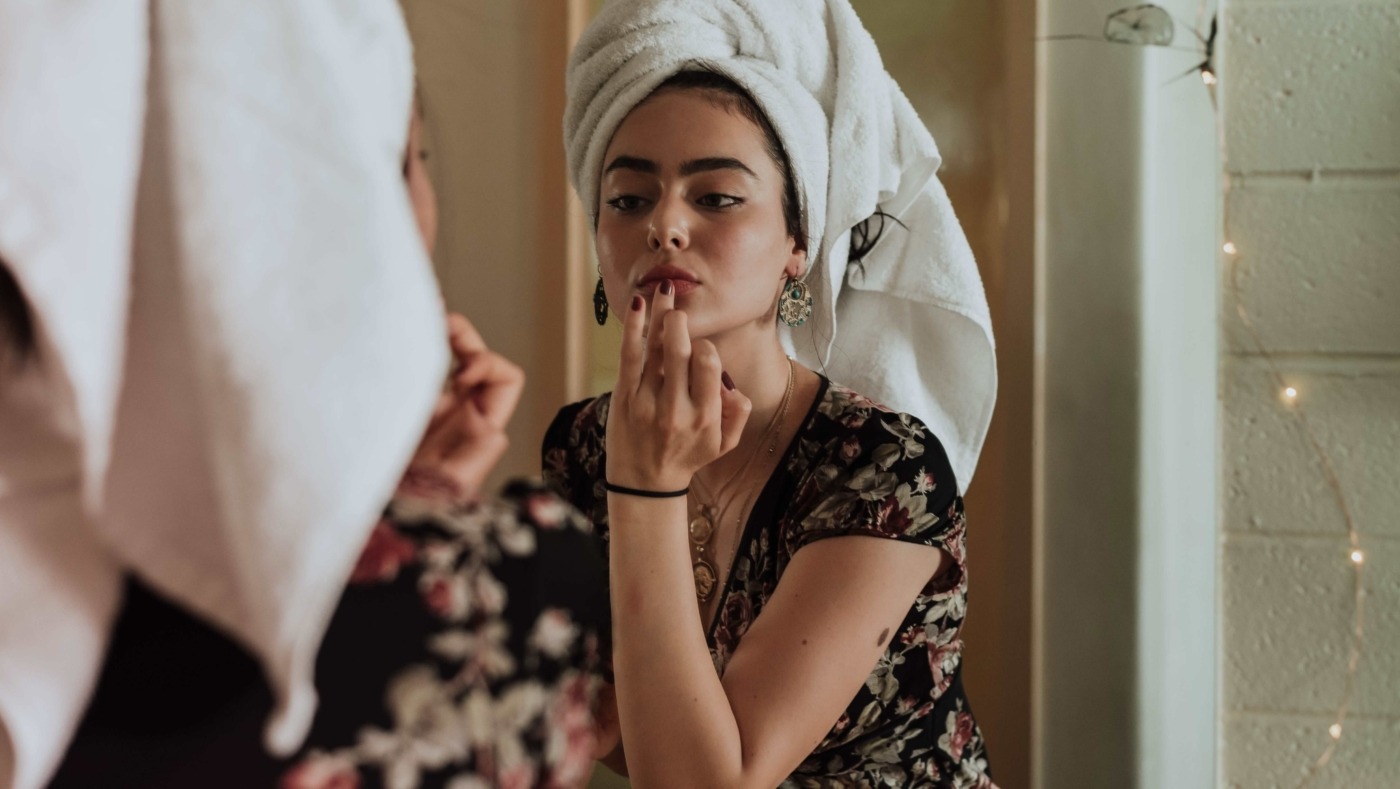Learning to love my acne
I have struggled with acne my whole life, so writing this article is difficult. From the age of 13, I learnt to love or hate my face depending on the number of spots I had on my cheeks. I am all too familiar with the sinking feeling of seeing new spots in places that had just cleared up, the frustration when I felt like it would never end, and the jealousy when I realised that my friends were taking far less care of their skin and still looking flawless.
Endless trips to doctors who would put me on various cycles of antibiotics that seemed to do nothing but give me unwanted side effects. Somehow, I felt like the acne was my fault. I questioned whether I wasn’t eating right or exercising enough, whether I was using the right products for my skin type or using too many. During a particularly low period of my life, the number of spots on my face would completely define my entire mood for the rest of the week.
Everybody is beautiful and spots should be a part of that, not treated as a barrier to it
But it wasn’t just me that was punishing myself for having acne. I was surrounded by a culture that placed direct responsibility for spots on the people that had them. Watching mainstream films and teen dramas told me that the characters with acne were undesirable, the ones that should be laughed at. Their acne would come along with glasses, braces and an annoying personality. Even the girls at my school treated me differently when I was experiencing a flare-up. Adverts would try and sell me products to fix my affliction, promising me picture-perfect skin in two weeks. It never happened.
But should having acne be such a damaging experience? Brands such as Squish and Starfish are creating products for people with acne that are vastly different to familiar clinical products. Their quirky spot patches in the form of pastel flower and star stickers make caring for your spots a fun, positive experience – a welcome relief after years of placing chalk-white zit cream on my face only to look worse than when I started.
Nobody wants to have spots, but almost everyone has them, so let’s stop the negativity and embrace the positivity
We should embrace acne, rather than treating it like the drunk aunt who turned up to your wedding and ruined everything. Nearly everyone has had to deal with a spot or two at some point in their lives. So why should we surround acne in a culture of shame? Fun products by the likes of Squish draw attention to acne in a positive way, reminding us not to take ourselves too seriously. Everybody is beautiful and spots should be a part of that, not treated as a barrier to it.
The language we use to describe acne is also highly problematic. The dialogue surrounding spots – descriptions such as ‘imperfections’, ‘trouble patches’, ‘blemishes’ and ‘pizza face’ – all clearly convey the message that acne is bad. That acne is a flaw, or a weakness. That acne makes you ugly. But who is anyone to treat someone as inferior for something so human? So out of their control?
While acne may be a part of you, it does not define you
If we as a society are going to ditch the shaming that surrounds acne, then we must first look at the way in which we are talking about this issue and address it head-on.
Nobody wants to have spots, but almost everyone has them, so let’s stop the negativity and embrace the positivity. While acne may be a part of you, it does not define you. What appears one minute will be gone the next. So, hold your head up and be proud of your spots. It changed my life when I learnt to love them and, by extension, to love myself.

Comments